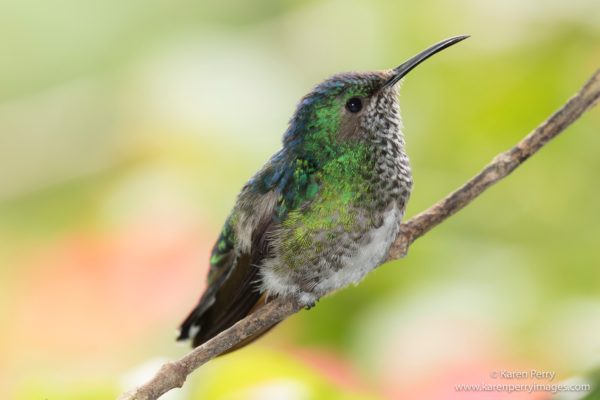 The Benefits of Practicing Mindfulness in Nature
The Benefits of Practicing Mindfulness in Nature
Research has consistently shown that time spent in nature helps people cope with depression and anxiety. Combined with other self-care activities, it can be as effective in treating psychological problems as anti-depressants.
But too often we run from activity to another and then finally, plop down on the worn sofa—unaware that these moments in nature are always available to us. In the park by the office, or in our own backyard, we can rest, listening to the buzz of sound all around. When we slow down enough to see the canvas of nature, we can experience contentment akin to one-ness with the natural world.
In mindfulness-based cognitive therapy and stress reduction, we ask participants to practice meditation daily, both formally and informally. Formal practice includes sitting or laying down and focusing on the breath, or on sounds– the intent is to be still and focused. Informal practice can be doing any routine activity mindfully. As the old saying has it, “Chop wood, carry water.” Some days we can eat a meal mindfully, without watching TV or reading the paper, just chewing and noticing the senses of smell, color, taste, and texture. Mindfulness can mean sitting in the garden and being attentive to the sounds of insects and the rustle of the breeze and doing nothing but sitting. (The Japanese Buddhist word for mindfulness practice, “zazen,” simply means “seated meditation.”)
Beginning a formal meditation practice can be daunting because of our innate resistance to sitting still with no distraction but paying attention to your breathing. In some meditation practices, the instruction will be to focus attention on a word, or to count to ten and start over. There are many ways to be still and it is important to try different kinds of meditation to find a practice that best suits you. When I teach Mindfulness-based stress reduction groups, participants will gravitate to one form of meditation over another. Each person is different. Some find mindfulness of sights and sound to be more effective, while others will focus on their breathing. In these classes, we practice many different ways to meditate and each participant is encouraged to find one they think they can continue to work with after the group ends.
Mindfulness Meditation: Informal Practice in Nature
But informal practice is always available and readily accessible to most of us: no special cushions, meditation rooms, or fancy teacher required. In fact, giving yourself permission to just do one thing, with presence, is a great way to slow down. If you can find some time each day to be mindful, especially in the natural world, that will go a long way in helping ease the symptoms of depression. Go outside and sit in your garden or the local park and be with nature. Even just a few minutes of watching the birds, weeding or pruning the roses will help boost your mood.
Berman, M. G., Jonides, J., & Kaplan, S. (2008). The cognitive benefits of interacting with nature. Psychological Science, 19, 1207–1212.
Hofmann, S. G., Sawyer, A. T., Witt, A. A., & Oh, D. (2010). The effect of mindfulness-based therapy on anxiety and depression: A meta- analytic review. Journal of Consulting and Clinical Psychology, 78
Maller, C., Townsend, M., Pryor, A., Brown, P., & St Leger, L. (2006). Healthy nature, healthy people: ‘Contact with nature’ as an upstream health promotion intervention for populations. Health Promotion Inter- national, 21, 45–54.
- Teletherapy–One Year Later - April 26, 2021
- Passion and Sex in Long-Term Relationships - January 1, 2021
- (home video area 2 – mindfulness) - December 1, 2020



peter says
My examination of my own (chronic, severe) depression has yielded the simple conclusion that it is helpful for me to think of depression as involuntary meditation. Switching the will to agree to approach my own process as meditation, agreeing to slow down, to listen, has been my purpose lately. In the listening I get the impression that there is indeed a conversation I’ve been waiting to have with myself which has been delayed too long…or simply that there is one that’s been waiting that I am now ready to have…enough outside work has been done and I may interrupt all that to do the inside work now. As if my body and concerns with the outside activities have been boycotted, a member of my inner community has gone on strike, shutting down the factory until their concern is heard. This would seem to imply that once that particular conversation has been air, come to consciousness and acceptance in the board room, the frontal cortex, that immediately the outside work may resume, though perhaps with a modified agenda. So I am hopeful that my current “shut down” will bring me to a more lasting resolution of who I decide to be and what I permit myself to do than I have experienced before.
Dr. Susan O'Grady says
Peter, thank you for such honest reflections on depression. You capture a very real experience that many struggle with. I am glad that walking in nature is such a help.